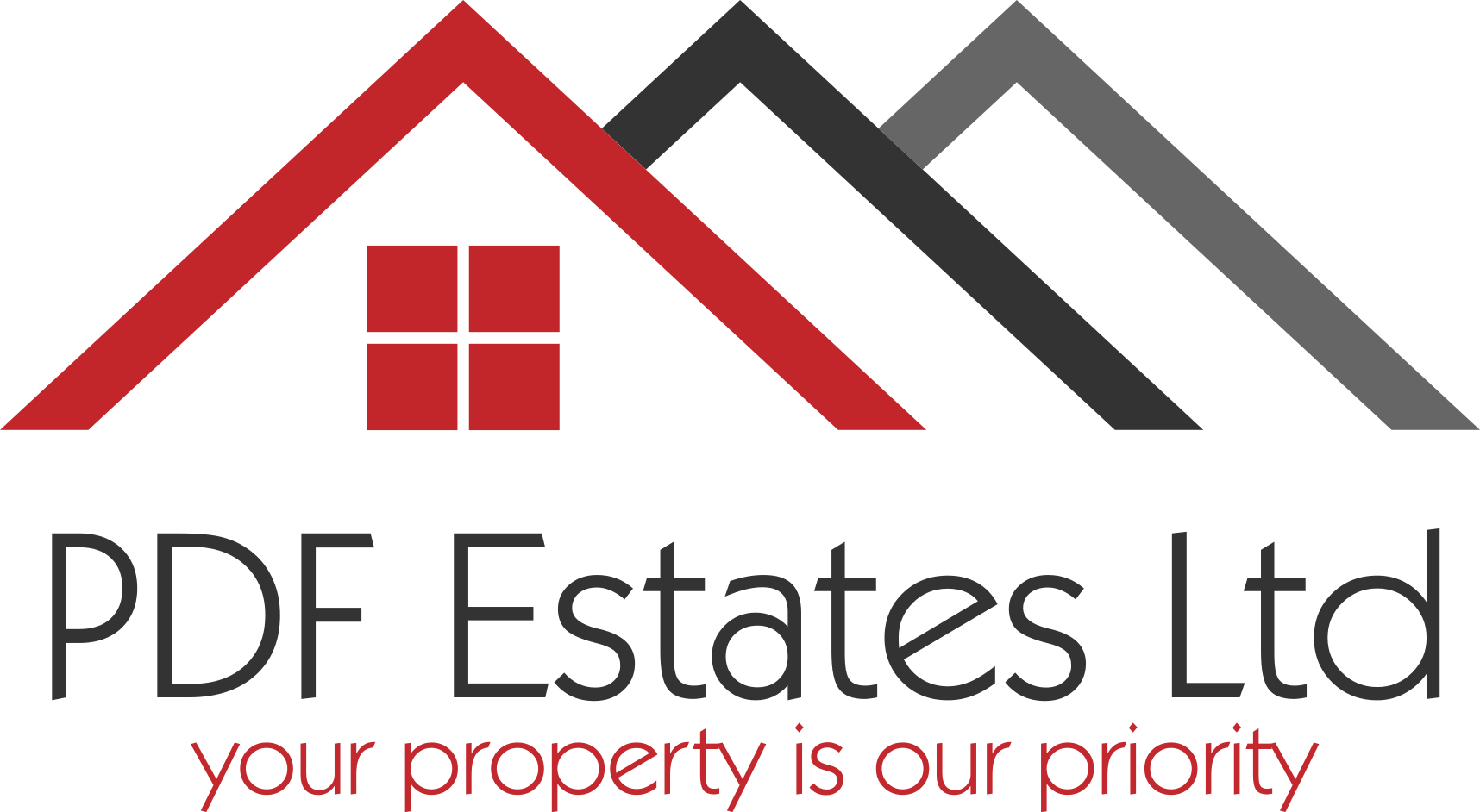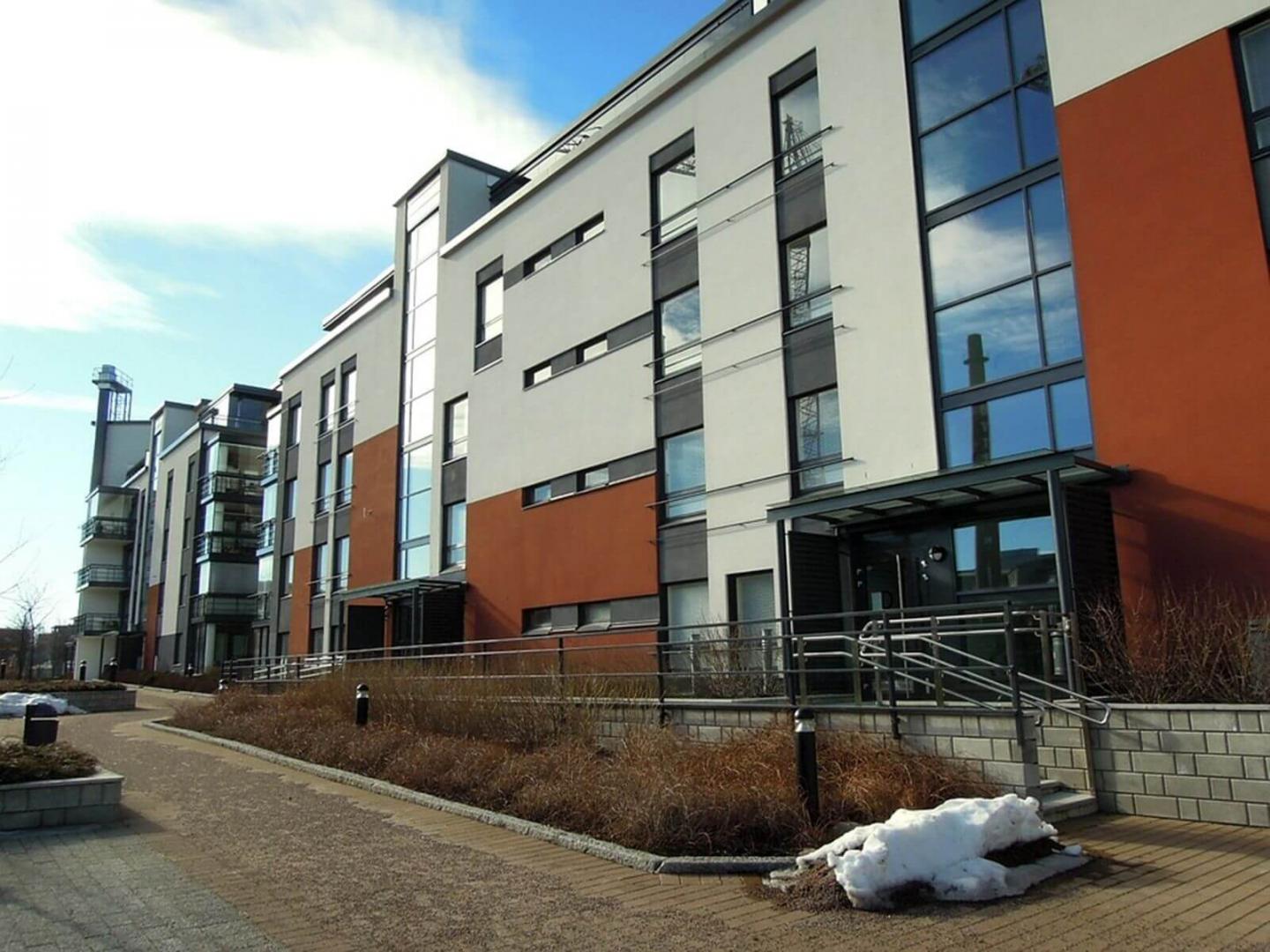Calculating costs is integral in ensuring that you can accurately forecast and manage profit and loss. It will help determine whether a property acquisition is profitable, or even if it is time to sell a property and look for something else. It is impossible to exactly predict costs; maintenance, repair, and even legal costs can occur that you simply hadn’t budgeted for, but we have put together a list of some of the costs that you will incur as a landlord.
Letting Agent Fees
Letting agent fees vary according to location, the company that you use, and the level of service that you require.
Always ensure that your letting agency offers transparent pricing, so that you know exactly what you will have to pay. While online agents tend to have minimal charges, they also offer limited services, and a lot of their work will be restricted to online work, which can make tenant sourcing difficult.
Agents can offer everything from tenant sourcing, often considered a basic service, to full management that incorporates everything from deposit protection to maintenance and more.
You can, of course, manage your own property portfolio – but this comes at a greater price. For example, you will need to source tenants, manage properties, and deal with everything from HMO licences to mandatory annual health and safety checks yourself. While managing your own property may cut costs, it does require a lot of hands-on management skills, and you should expect phone calls at unsociable hours to deal with emergencies. You also need to be comfortable potentially dealing with late paying tenants and rogue tenants.
Tenant Sourcing
Tenant sourcing is one of the most often overlooked costs. Unless you are renting property to people that you know, you will incur some costs finding tenants for your property. These costs can range from £50 for an advert in the paper to hundreds of pounds to advertise via agency windows and listings.
Once you have sourced potential tenants, you need to complete checks too. Credit checks are available for between £10 and £30, and checks should be completed for any tenant that you are considering letting to. Then there is having to ensure that comprehensive referencing checks have been undertaken on each and every prospective tenant. This is all extremely time consuming and can be costly.
Tenancy Void Costs
Finding tenants quickly is worth a lot more money than the cost of sourcing those tenants. Tenancy void is a period of time when a property is left empty; you will still have to pay fees like mortgage repayments and interest, but you won’t be receiving income from rent. This is why tenant sourcing is considered the basic level of service offered by agents.
Insurance
When renting out property, you need specialist insurance coverage to protect your investment.
At the very least, you need buildings protection. Consider contents insurance if you rent out furnished property. Rental Guarantee insurance protects you if tenants fail to make their rental payments or are unable to pay their rent, and can protect you against rogue tenants.
You can also protect yourself for Loss of Rental Income which is different to Rent Guarantee Insurance. Having landlord insurance to protect you against any damages to your property and to cover you for any breakdowns and also legal costs, especially for having to take out any legal action against tenants, is all so important.
Those that are renting to students, and those with a high tenant turnover will usually benefit from more extensive insurance coverage than landlords that rent to high net worth individuals that stay in the property for several years.
Mortgage Fees
Most landlords need a mortgage, or some form of financing to buy a property. Buy-to-let mortgages have higher fees and attract higher interest rates than standard mortgages. Always do your research to ensure that you get the best deal on your mortgage because even a small difference in interest can have a big impact on your profit and loss. Also, watch out for those hidden fees and possible penalties for early redemption.
Cleaning And Maintenance
Once a tenant leaves a property, you need to get it into as good a state as possible before you rent it out again. Even the best tenants will leave some mess to tidy up, while bad tenants will leave you needing to pay for repairs. Wear and tear to a property and items, within the property, means that you will incur further maintenance costs too. You may be able to use the tenant’s deposit to cover some of these costs, but not all.
If you have an HMO or blocks of flats, you will need to pay for regular cleaning in communal areas, even if it is only the stairs and entryway.
Legal And Administrative
Throughout a tenancy, you will have administrative costs to cover, and you may need to meet some legal costs too. You must provide an Energy Performance Certificate, which costs money, and you need to ensure that gas appliances are checked every year. Also, you need to carry out a satisfactory Domestic Electrical Installation Condition Report (DEICR) on all properties that you rent out, as from 1st July 2020 and these need to be updated, every 5 years. Carbon monoxide and smoke alarms need to be updated and renewed, which requires regular maintenance. HMO landlords, and some other landlords, require licences that can cost £500 and need renewing every 5 years; costs that need to be accounted for in your budget.
Legal costs do not occur all the time, and you may go several years without having to incur these costs. However, if you have trouble tenants or if you have tenants that pay late, these costs become very real, and solicitors and lawyers do not come cheap. Put aside some money for this service, or if you have a large portfolio of properties and tenants, you can pay a monthly retainer to retain the services of a legal team. As I mentioned above, having Legal Protection Insurance, in my opinion, is a small price worth paying.
Tax
Any profits that you make are subject to taxation. Tax can vary up to 40% or more, and you will may need to pay tax on any profit that you make when you sell the property too.
Tax is unavoidable, in most cases, although you may be able to legally minimise the amount you pay by using an experienced accountant to help you determine any deductibles. Always include the maximum tax that you are likely to have to pay when forecasting profits.
Time
One cost that is often overlooked is that of your own time. Every hour that you spend cleaning, or performing safety checks, or chasing up rent payments, is time that you could have spent sourcing new properties, working, or earning money from other sources. Always factor in your own time. Determine an hourly wage and keep track of the hours that you invest, and compare this to the amount you could have earned if you had paid somebody else to perform these tasks.



 By
By 
Share this with
Email
Facebook
Messenger
Twitter
Pinterest
LinkedIn
Copy this link